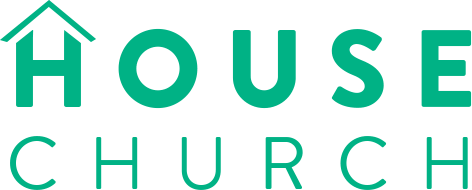The Lent Project | Day 16
Today’s Lent Project devotional is by Beth Nelson. She is a member of our Leadership Team and hosts the Alpharetta South Table Group along with her husband, Mike.
If you’ve been following along at home (or if you read this post), you’ll have noticed each Daily Office reading is composed of Psalms, Old Testament, New Testament, and Gospel readings. I love that each day’s passages reveal a small slice of a big pie, giving us, over time, a view of the Bible that’s much wider than if we stay in the last one-third of the Book. It can be difficult to know what to do with a Bible reading though, no matter if you’re new to them or have been doing them religiously (of course that pun was intended) for decades. How do you make it meaningful, applicable, and practical?
I have a friend who often reads a passage over and over in a sitting, meditating on it until she hears what the Lord is telling her. She knows how to be silent and wait for God to speak. One day, in fact, she pored over a Psalm of protection for an hour, taking notes on what struck her, not knowing why God brought it to her mind. Later that day, her husband was in a terrible car accident, severely injured but ultimately able to fully recover. The Psalm had prepared her–in advance–to have peace in the midst of her fear.
Some days I focus on a single phrase or verse. I research etymology and the original Hebrew or Greek meaning (there are several great websites for this) and several different Bible translations. I draw close to God when I learn new things about His character, and these studies open my eyes and my heart to seeing how vast He is. Some days, I blow through chapters at a time, even whole books, getting a broad view of the writer’s objective. I occasionally read the same story in the different Gospel accounts, piecing together details one writer included and another left out.
One critical thing I’ve learned in the last year or so is to read expectantly. Go to your Bible with a specific question in mind, a concern, a dilemma, a fear, or a joy. Read with the intent of finding an answer. The Word of God is called “living and active,” and it has revealed itself to me as such over and over. A passage that means nothing to me one day leaps off the page the next. One April afternoon in 2013, I was absorbed by fear. I faced a situation I’d seen before, one that ended badly for me. The next day, I read the words of God spoken to Isaiah: “Do not call to mind the former things, or ponder things of the past. Behold, I will do something new,” (43:18-19). One morning, that verse was a transition passage–a literary device. The next day, I’m hanging on to it for dear life, repeating it with every breath. I went to Scripture that day searching for answers, some word from the Lord to calm my fears and bring peace to my heart. He delivered, as He always does.
As you study the Bible this Lenten season, be open to reading differently each day. If a particular passage captures you, don’t stop with the prescribed verses. Read the whole chapter. Read the whole book, if you want. If you get hung up on a word, study it. Research it. Ponder it. Pray over it. Go to your Bible knowing there’s something God wants you to know today. He’ll deliver.

